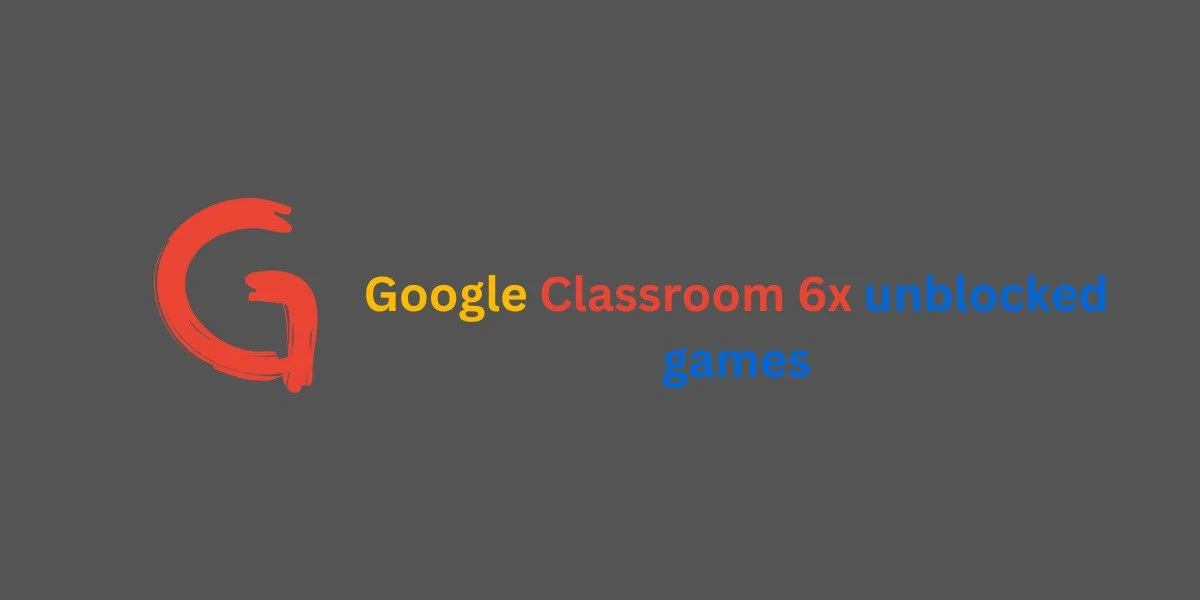In the contemporary educational landscape, the infusion of digital platforms has revolutionized traditional learning methodologies. Google Classroom, a prominent player in this evolution, serves as a versatile tool for educators, facilitating communication, assignment distribution, and collaborative learning. Amid its structured design for academic purposes, an intriguing dimension has surfaced — the exploration of unblocked games within the Google Classroom environment.
Decoding Google Classroom Unblocked Games
Originally conceived as an educational hub, Google Classroom provides a virtual space for teachers to administer assignments and share learning resources. However, some users have discovered ways to access unblocked games, introducing an element of leisure into this educational interface.
Unblocked games, specifically tailored for accessibility even in restricted environments such as schools or workplaces, have become a source of diversion for students. Employing various methods like proxies, extensions, or alternative URLs, students seek brief reprieves from academic rigors during class time.
The Ethical Conundrum
The integration of unblocked games into the Google Classroom framework unfurls a canvas of ethical dilemmas. Educational institutions meticulously employ content filters and restrictions to foster a focused learning environment. Therefore, circumventing these measures to indulge in gaming pursuits raises questions about adherence to established educational norms and the potential disruption of learning objectives.
Advocates argue for the occasional incorporation of gaming, positing that it could offer short mental breaks, thereby reducing stress and enhancing overall productivity. They propose a balanced approach, suggesting that controlled gaming could function as a cognitive reset, potentially boosting attention spans and engagement levels.
On the flip side, critics underscore potential downsides, citing distraction from learning, compromised academic performance, and the reinforcement of addictive behaviors. They emphasize that Google Classroom’s primary purpose is academic advancement, and unrestrained gaming may undermine this fundamental goal.
Educational Impact and the Call for Responsibility
Educators and administrators grapple with the challenge of maintaining a conducive learning environment while embracing technological progress. Integrating discussions about responsible technology use into the curriculum becomes paramount, fostering digital literacy and ethical decision-making among students.
Furthermore, teachers can seize the curiosity surrounding unblocked games as a pedagogical opportunity. By delving into discussions about the ethical ramifications, promoting responsible online conduct, and stressing the importance of respecting institutional guidelines, educators can impart valuable lessons transcending traditional subjects.
Navigating the Complex Landscape
Addressing the issue of unblocked games in Google Classroom necessitates proactive measures from educational institutions and administrators. Robust content filtering systems that adapt to evolving technologies must be implemented. Collaboration with IT professionals and the deployment of effective monitoring mechanisms can help identify and restrict unauthorized access to gaming websites.
Simultaneously, fostering an open dialogue with students about digital responsibility, time management, and the intended purpose of platforms like Google Classroom is crucial. This approach encourages a conscientious attitude towards technology use.
Conclusion
In the ever-evolving digital arena, the convergence of educational platforms and unblocked games introduces a multifaceted challenge. While the allure of gaming captures the attention of students, preserving the integrity of educational spaces remains imperative.
Achieving a balance between technology integration and educational objectives requires a comprehensive approach. Recognizing both the potential advantages and drawbacks of unblocked games within Google Classroom is essential. Educators play a pivotal role in promoting responsible digital citizenship, emphasizing learning outcomes, and guiding students to make informed choices in their online interactions.
As we advance into the future, the intersection of education and entertainment will undoubtedly demand continuous reflection and adaptation. Navigating this complex nexus ensures that the benefits of technological progress align with the fundamental goals of education.
FAQ
What is the primary purpose of Google Classroom?
Google Classroom is primarily designed as an educational platform, serving as a virtual space for teachers to create classrooms, distribute assignments, and share learning resources.
What are unblocked games in the context of Google Classroom?
Unblocked games refer to online games accessible even in restricted environments, such as schools or workplaces, allowing students to play games during class time using methods like proxies or alternative URLs.
What ethical considerations arise from the integration of unblocked games in Google Classroom?
Ethical concerns include potential contravention of educational guidelines, disruption of learning objectives, and debates over the benefits versus drawbacks of incorporating gaming into an academic environment.
How can educators address the challenge of unblocked games in Google Classroom?
Educators can address this challenge by implementing robust content filtering systems, collaborating with IT professionals, fostering discussions on responsible technology use, and leveraging curiosity about unblocked games as teaching opportunities.





